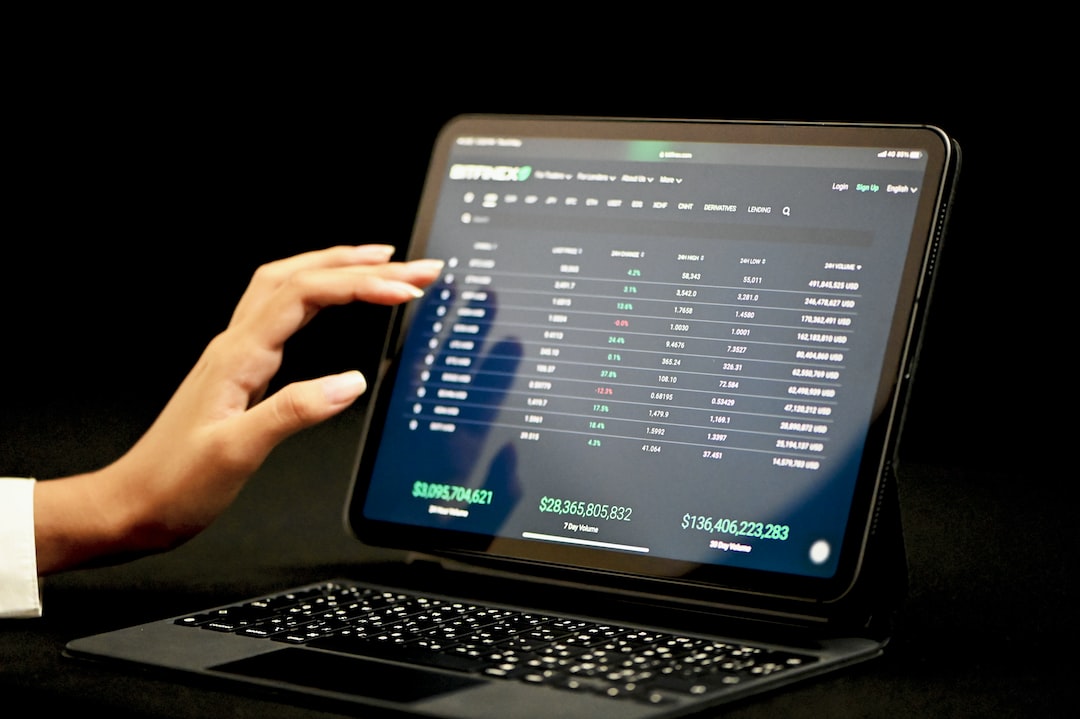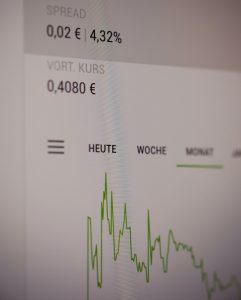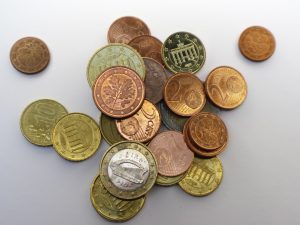Forex, also known as foreign exchange or FX, is the exchange of one currency for another at an agreed-upon exchange rate. The forex market is the largest and most liquid financial market in the world, with an estimated daily trading volume of over $5 trillion.
In the forex market, currency pairs are traded, which refers to the exchange rate between two currencies. For example, the EUR/USD pair represents the exchange rate between the Euro and the US Dollar. The exchange rate is determined by the supply and demand for each currency in the market.
When trading forex, traders will often have positions open in various currency pairs. A position is the amount of a currency pair that a trader has bought or sold. When a position is opened, the trader is essentially betting on the direction that the exchange rate will move. If the trader thinks the exchange rate will increase, they will buy the currency pair (known as going long). If they think the exchange rate will decrease, they will sell the currency pair (known as going short).
So, what happens if a currency pair closes? When a forex market closes, it means that trading has stopped for that particular currency pair. Forex trading operates 24/7, with various markets opening and closing at different times around the world.
For example, the forex market in New York opens at 8 am EST and closes at 5 pm EST. If a trader has a position open in the EUR/USD pair and the New York forex market closes, the trader’s position will remain open until the market reopens.
During the time that a market is closed, there is no movement in the exchange rate for that currency pair. However, events can occur during this time that can impact the exchange rate when the market reopens. This is known as a gap in the market.
A gap occurs when the exchange rate of a currency pair opens at a different price than it closed the previous day. For example, if the EUR/USD pair closed at 1.2000 and opened the next day at 1.2050, there would be a 50 pip gap.
Gaps can occur for various reasons, such as economic data releases, political events, or unexpected news. If a trader has a position open in a currency pair and a gap occurs, it can have a significant impact on their trade.
If the gap is in the trader’s favor, they can make a profit. For example, if a trader had a short position in the EUR/USD pair and a gap occurred where the exchange rate opened lower than it closed the previous day, the trader would make a profit.
On the other hand, if the gap is against the trader’s position, they can incur a loss. For example, if a trader had a long position in the EUR/USD pair and a gap occurred where the exchange rate opened higher than it closed the previous day, the trader would incur a loss.
It’s important to note that gaps can occur at any time, not just when the forex market is closed. However, gaps are more common during times when the market is closed, such as over the weekend or during holidays.
In conclusion, when a currency pair closes in the forex market, it means that trading has stopped for that particular pair. However, events can still occur during this time that can impact the exchange rate when the market reopens, which can result in gaps in the market. Traders need to be aware of the potential for gaps and how they can impact their positions.





